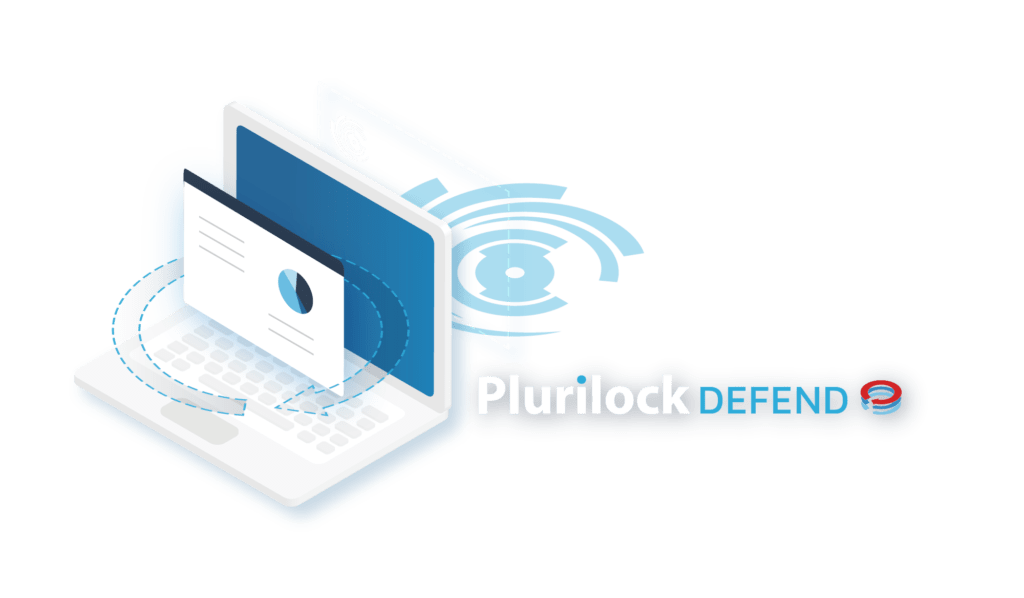In the ever-evolving landscape of cybersecurity, one concept that has gained significant traction and importance is “Endpoint Security.” As organizations face increasingly sophisticated cyber threats, understanding what endpoint security is, why it matters, and its profound significance in modern cybersecurity strategies becomes paramount.
What is Endpoint Security?
Endpoint security refers to the practice of securing endpoints or individual devices that connect to a network. These endpoints can include laptops, desktops, servers, mobile devices, and other IoT (Internet of Things) devices. Endpoint security aims to protect these devices from cyber threats such as malware, ransomware, phishing attacks, unauthorized access, and data breaches.
Traditionally, endpoint security relied heavily on antivirus software. However, with the evolution of cyber threats and the proliferation of sophisticated attack vectors, modern endpoint security solutions have become more comprehensive and sophisticated.
Contemporary endpoint security solutions encompass a wide array of technologies and strategies, including:
- Antivirus/Anti-malware: Continuously updated to detect and remove known malware signatures.
- Firewalls: To monitor and control incoming and outgoing network traffic based on predetermined security rules.
- Intrusion Detection/Prevention Systems (IDS/IPS): To detect and block suspicious network activity.
- Endpoint Detection and Response (EDR): Providing real-time monitoring, detection, and response capabilities on endpoints.
- Data Loss Prevention (DLP): Preventing unauthorized access, transfer, or theft of sensitive data.
- Application Whitelisting/Blacklisting: Controlling which applications are allowed to run on endpoints.
- Encryption: Protecting data both at rest and in transit.
- Patch Management: Ensuring that devices are up-to-date with the latest security patches and updates.
Why Endpoint Security Matters
Endpoint security is critically important for several reasons:
1. Endpoint Vulnerabilities:
Endpoints are often the weakest link in an organization’s cybersecurity posture. They are frequently targeted by cybercriminals due to their accessibility and the abundance of potential vulnerabilities. As endpoints connect to various networks and handle sensitive data, securing them effectively is essential to prevent data breaches and other cyber attacks.
2. Evolving Threat Landscape:
Cyber threats are constantly evolving and becoming more sophisticated. Traditional security measures are no longer sufficient to protect against modern threats like zero-day exploits, polymorphic malware, and targeted attacks. Endpoint security solutions must adapt and evolve to keep pace with these emerging threats.
3. Remote Workforce:
The rise of remote work has further highlighted the importance of endpoint security. With employees accessing corporate networks and sensitive data from various locations and devices, securing endpoints has become more challenging yet crucial. Remote endpoints are often more vulnerable to attack due to the lack of centralized control and oversight.
4. Compliance Requirements:
Many industries and regulatory bodies have established strict compliance requirements regarding data security and privacy. Endpoint security plays a vital role in ensuring compliance with regulations such as GDPR (General Data Protection Regulation), HIPAA (Health Insurance Portability and Accountability Act), and PCI DSS (Payment Card Industry Data Security Standard). Failure to comply with these regulations can result in severe financial penalties and reputational damage.
5. Data Protection:
Endpoints often store and process sensitive information, including intellectual property, financial data, and customer records. A breach or compromise of endpoint security can lead to data loss, theft, or exposure, resulting in significant financial and reputational harm to organizations.
6. Insider Threats:
Endpoints are susceptible to insider threats, where malicious or negligent insiders exploit their access to compromise systems or steal sensitive data. Endpoint security solutions help detect and mitigate insider threats by monitoring user activity, detecting anomalies, and enforcing security policies.
Importance of Endpoint Security: In-Depth Analysis
1. Defense in Depth:
Endpoint security is a critical component of a layered security approach known as defense in depth. By implementing multiple layers of security controls at different points in the network, organizations can create a more robust defense against cyber threats. Endpoint security serves as the last line of defense, protecting devices and data from malicious activities that bypass other security measures.
2. Proactive Threat Detection and Response:
Modern endpoint security solutions leverage advanced technologies such as machine learning, behavioral analytics, and threat intelligence to detect and respond to threats in real-time. These solutions not only identify known malware but also detect suspicious behavior and anomalies indicative of zero-day attacks or insider threats. By proactively detecting and responding to threats, organizations can minimize the impact of security incidents and prevent data breaches.
3. Visibility and Control:
Endpoint security provides organizations with visibility into the security posture of individual devices and allows them to enforce security policies and controls. By centrally managing and monitoring endpoints, organizations can identify vulnerabilities, enforce compliance, and respond to security incidents more effectively. This visibility and control are especially critical in today’s dynamic and distributed computing environments.
4. Mitigation of Ransomware and Advanced Threats:
Ransomware attacks have become increasingly prevalent and destructive, targeting endpoints to encrypt data and extort ransom payments. Endpoint security solutions equipped with ransomware protection capabilities can detect and block ransomware attacks before they can cause damage. Additionally, advanced endpoint security technologies such as EDR and sandboxing can analyze suspicious files and behaviors to identify and mitigate advanced threats.
5. Protection of Sensitive Data:
Endpoints often contain sensitive data that cybercriminals seek to steal or exploit. Endpoint security solutions help protect sensitive data by encrypting it, controlling access to it, and monitoring its movement. By safeguarding sensitive data on endpoints, organizations can prevent data breaches and comply with regulatory requirements.
6. Support for Hybrid and Remote Work Environments:
The proliferation of hybrid work models and remote workforces requires organizations to secure endpoints outside the traditional perimeter. Endpoint security solutions designed for remote and distributed environments provide organizations with the flexibility to secure endpoints regardless of their location or connection type. These solutions help mitigate the increased risks associated with remote work, such as unsecured Wi-Fi networks and personal device usage.
7. Enhanced Incident Response and Forensics:
In the event of a security incident or breach, endpoint security solutions play a crucial role in incident response and forensic investigation. These solutions capture detailed information about endpoint activities, including file access, network connections, and system changes, which can aid in identifying the root cause of the incident and containing its impact. By facilitating rapid incident response and forensic analysis, endpoint security solutions help organizations minimize downtime, mitigate financial losses, and preserve evidence for legal proceedings.
Conclusion
Endpoint security is not just a cybersecurity buzzword; it is a critical component of modern cybersecurity strategies. As cyber threats continue to evolve and organizations embrace digital transformation, securing endpoints becomes increasingly vital. By implementing robust endpoint security solutions, organizations can protect their devices, data, and networks from a wide range of cyber threats, mitigate the risk of data breaches and cyber attacks, and maintain compliance with regulatory requirements. Endpoint security is not just an option; it is a necessity in today’s cyber threat landscape.













